Business & Sanctions Consulting Network
Know one's way about international sanctions
If a country does not comply with international rules and human rights, sanctions can be imposed by the UN, the EU, the US and, of course, other countries. These international sanctions involve risks for entrepreneurs who trade internationally: a payment that is stopped, goods that do not come through, a hefty fine or damage to their reputation. It is often difficult for exporting companies to estimate these risks in advance. BSCN can help you to recognize and prevent sanction risks in time.
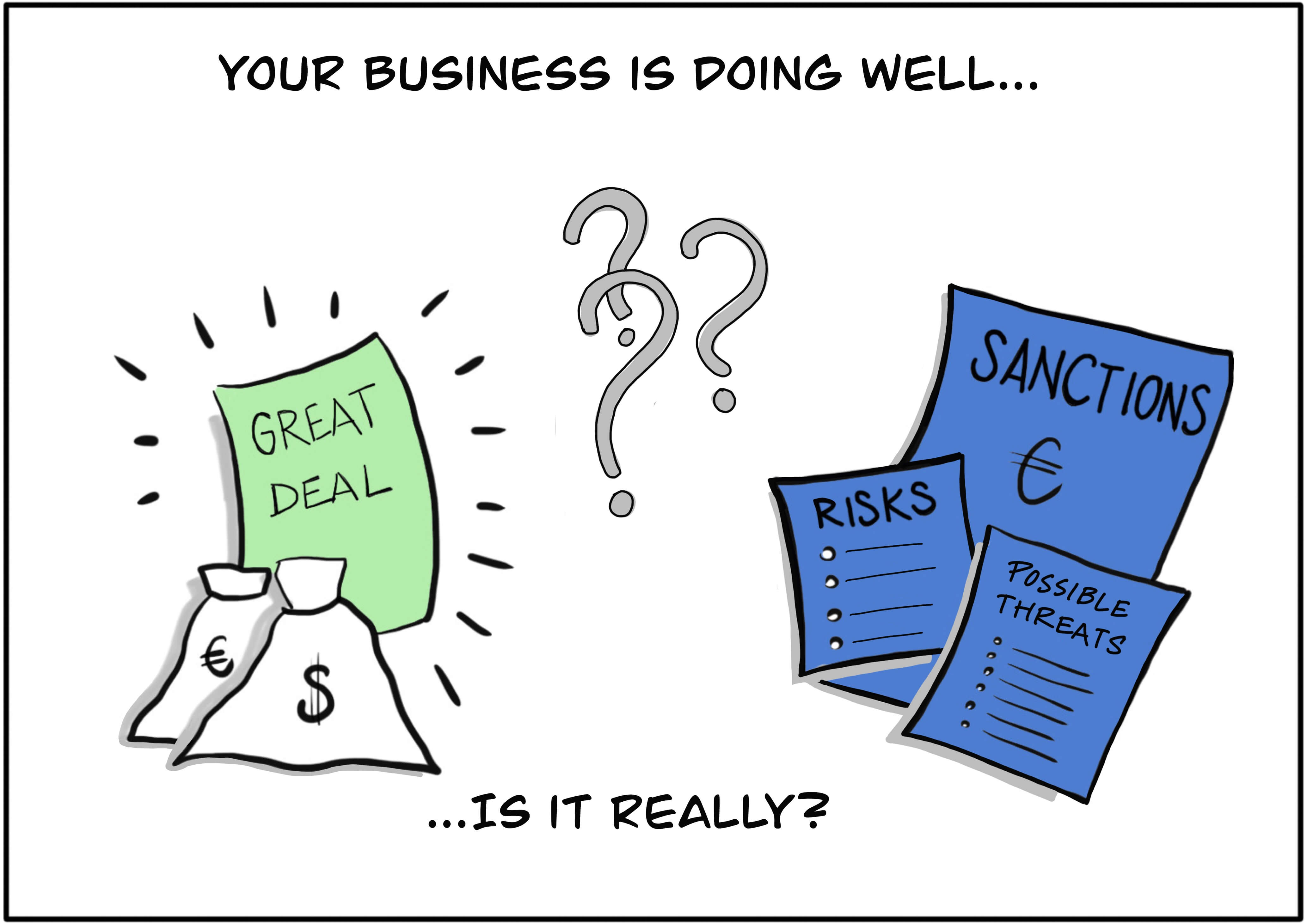
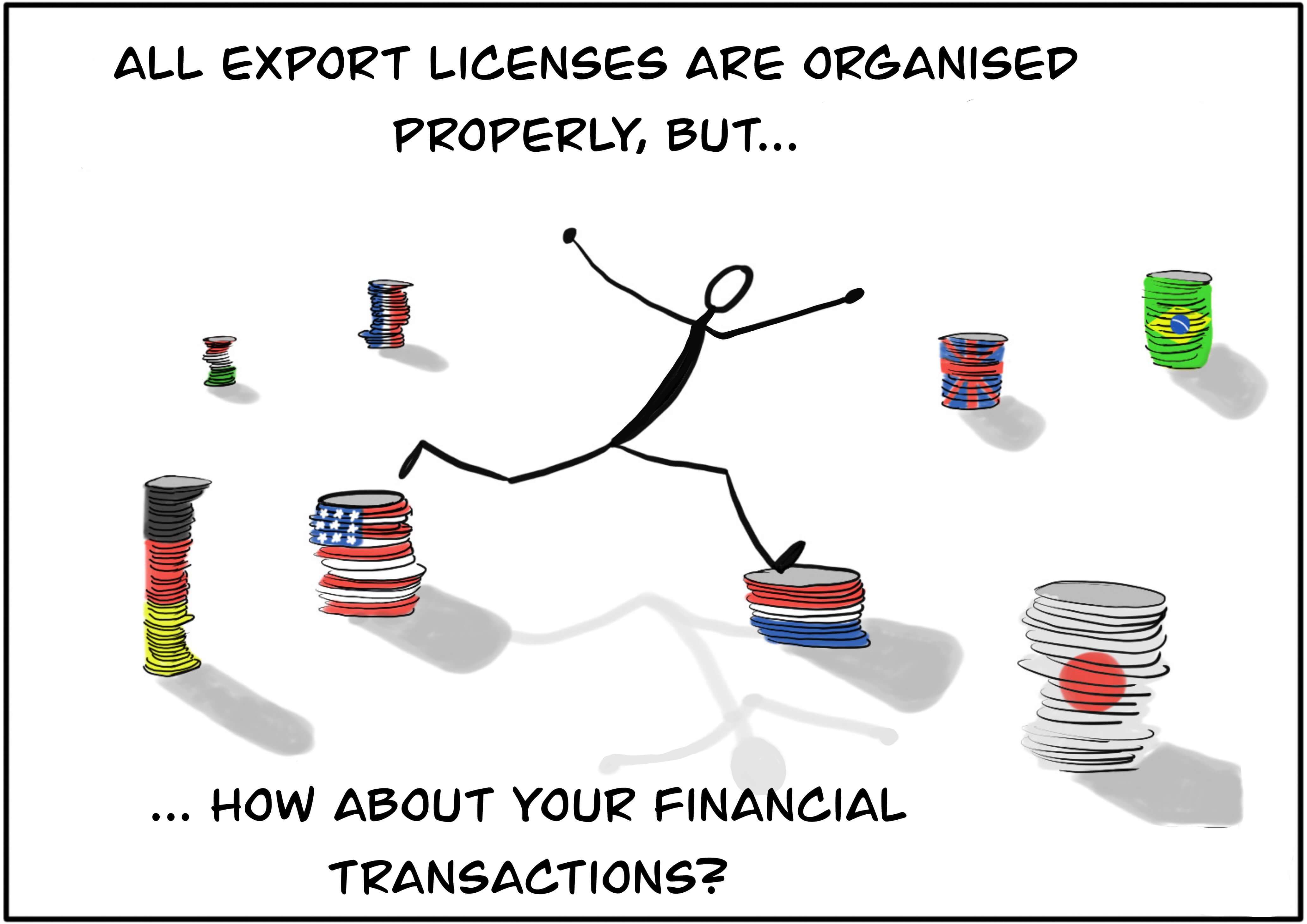
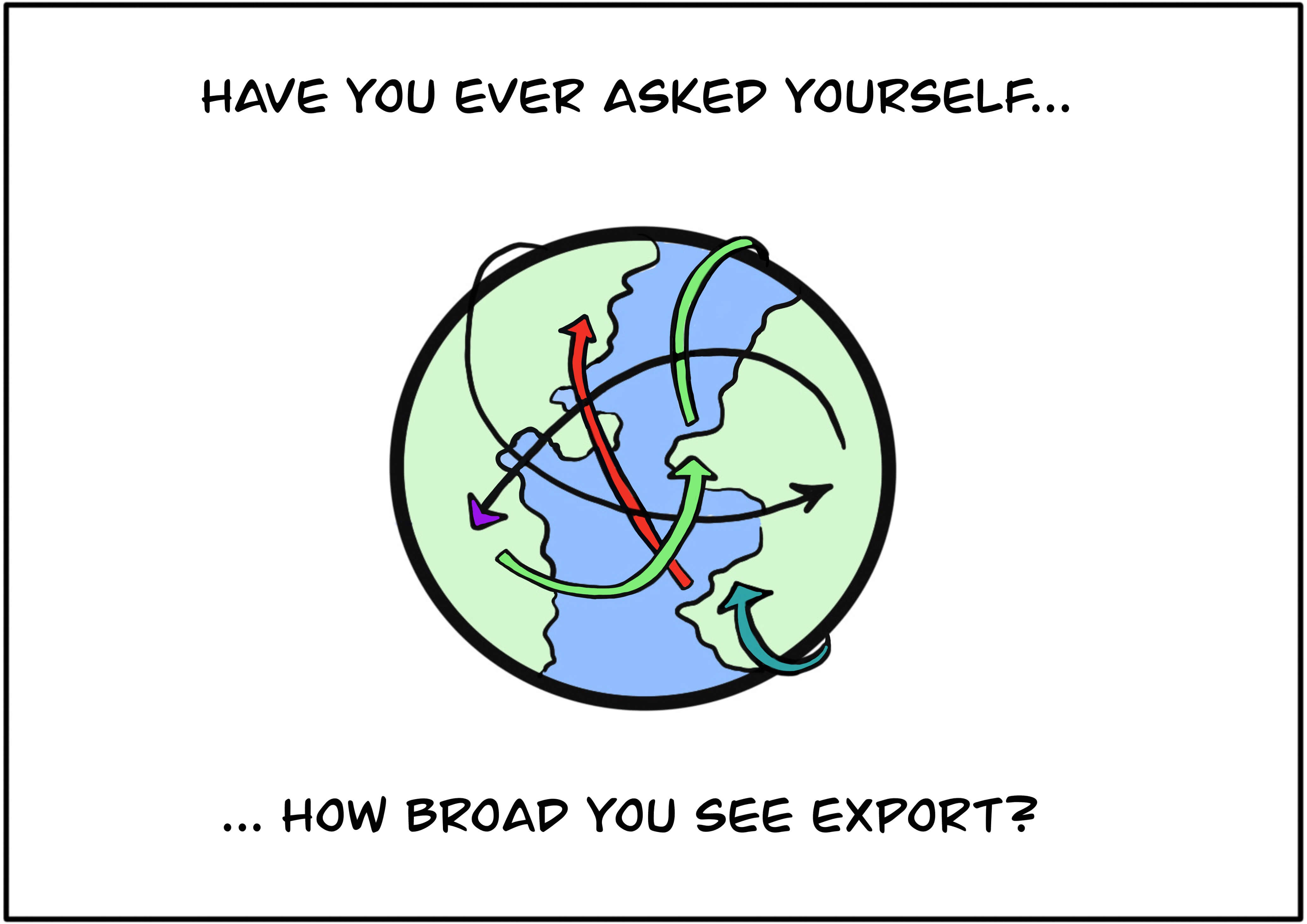
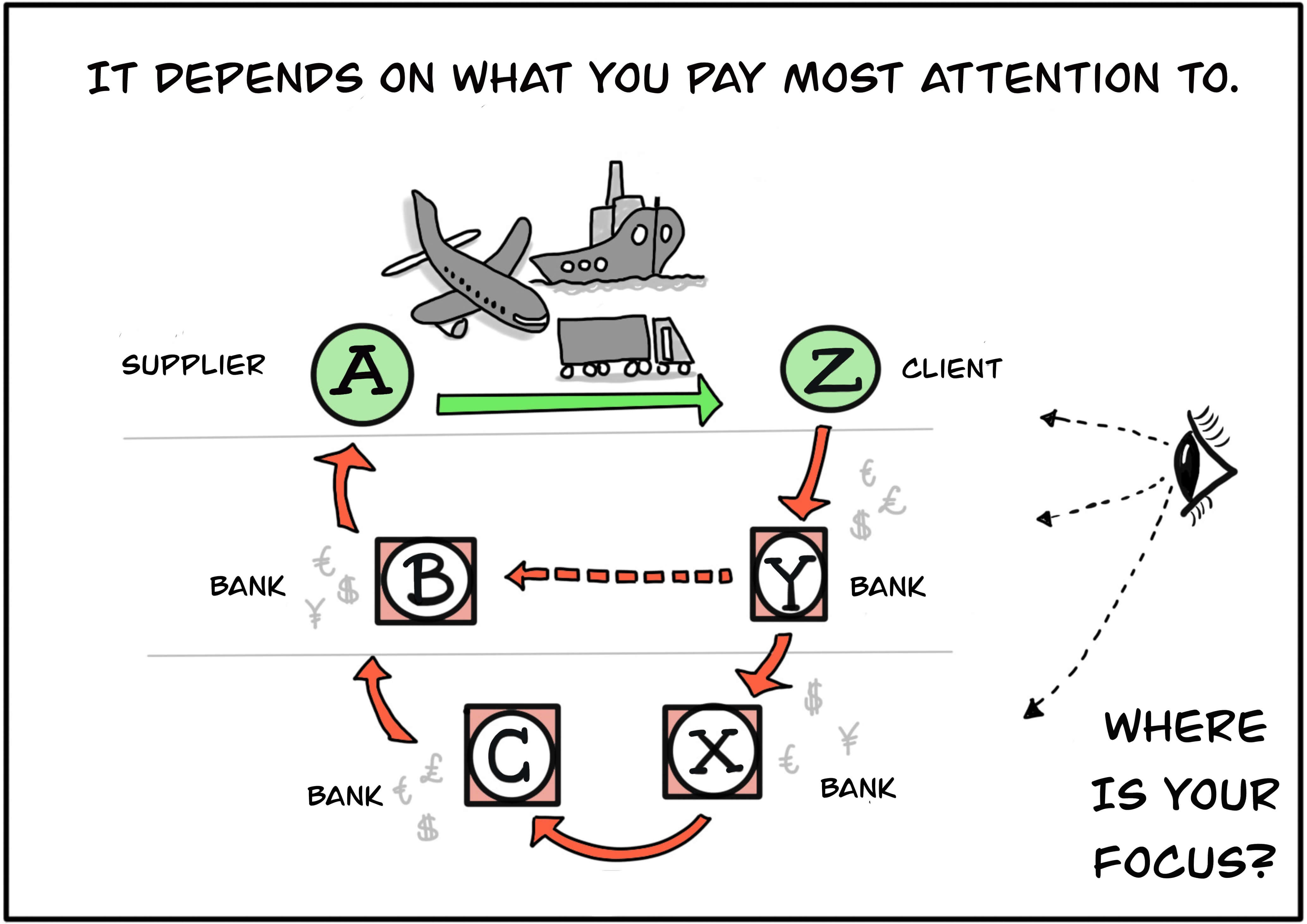
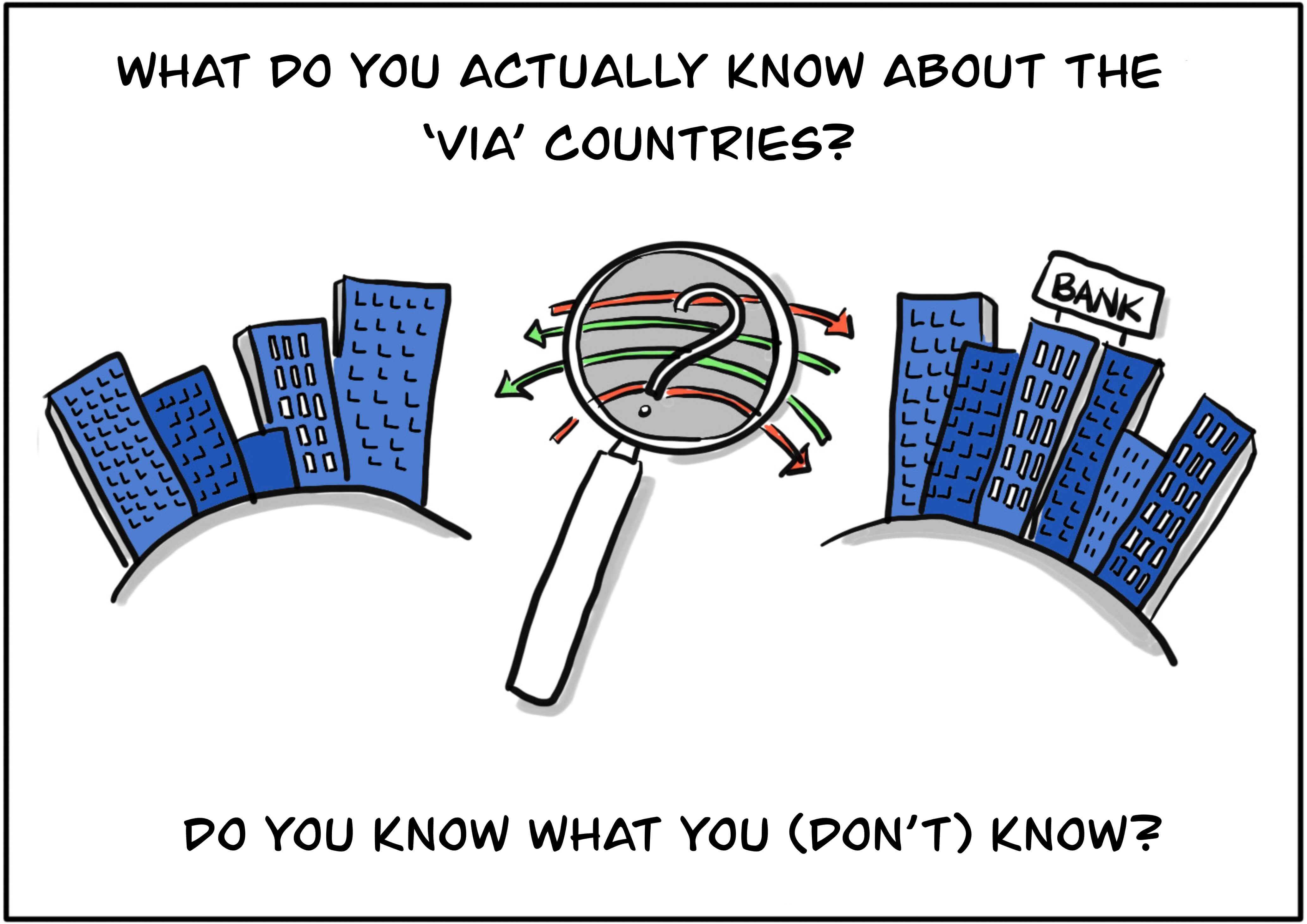
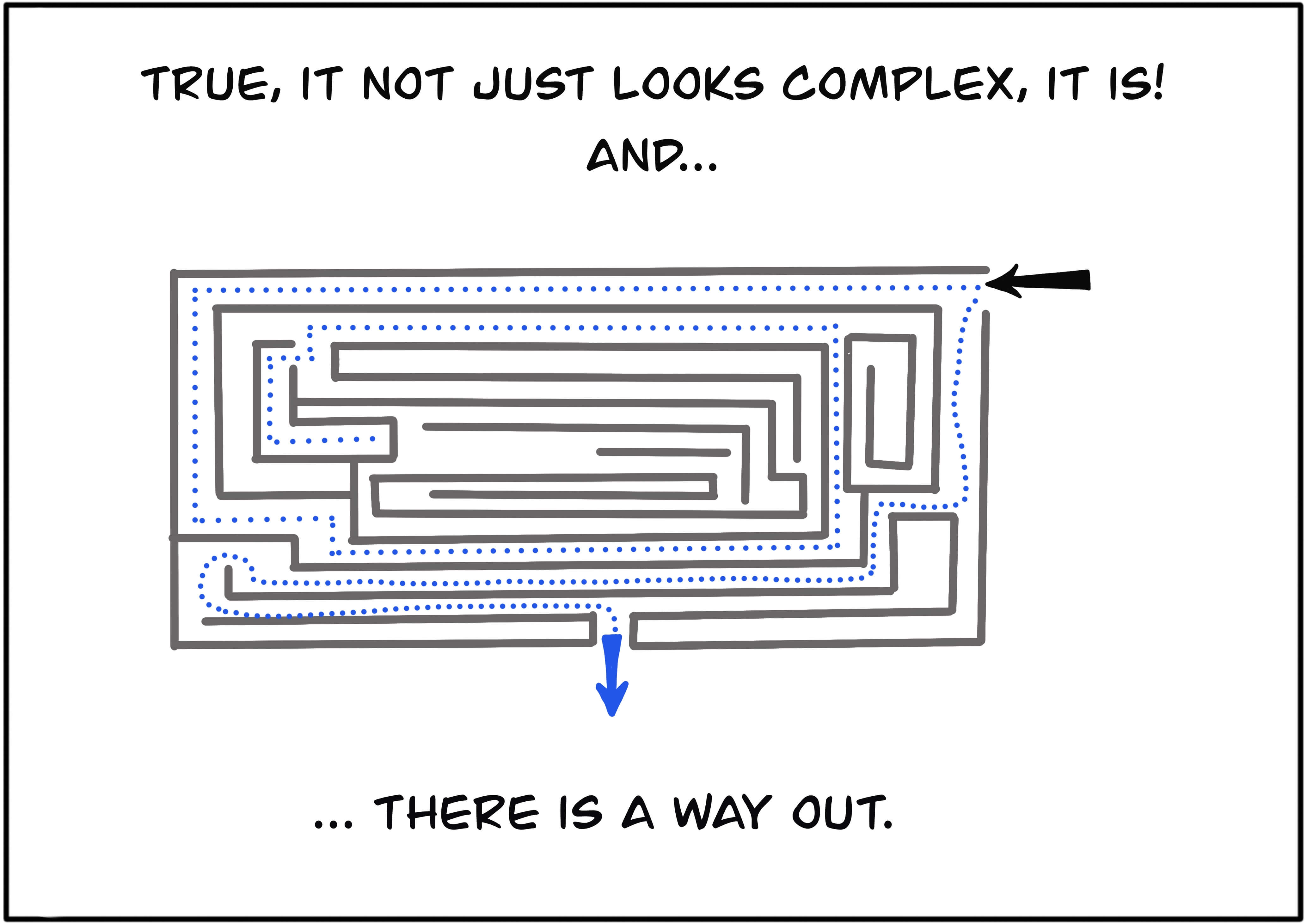
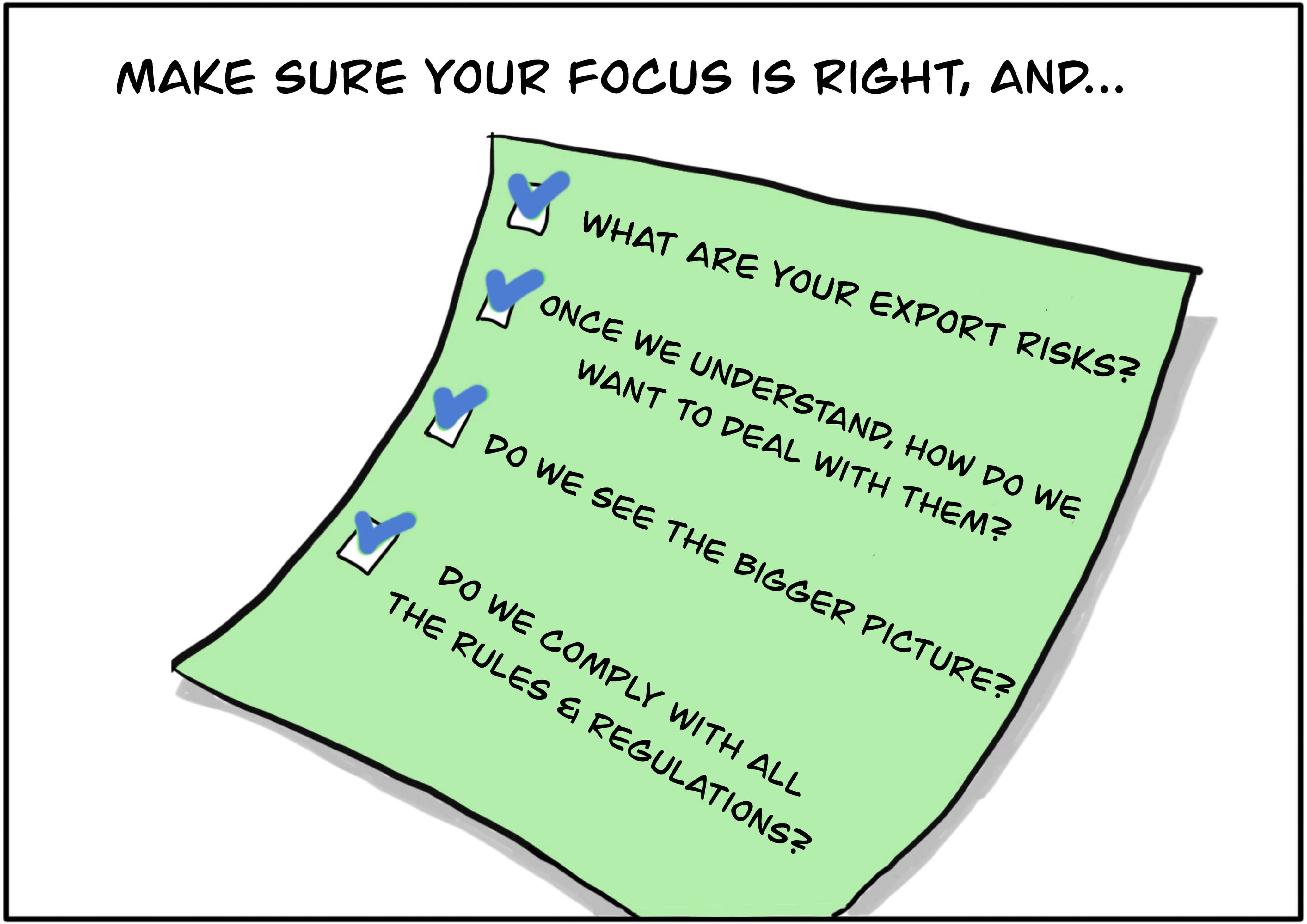
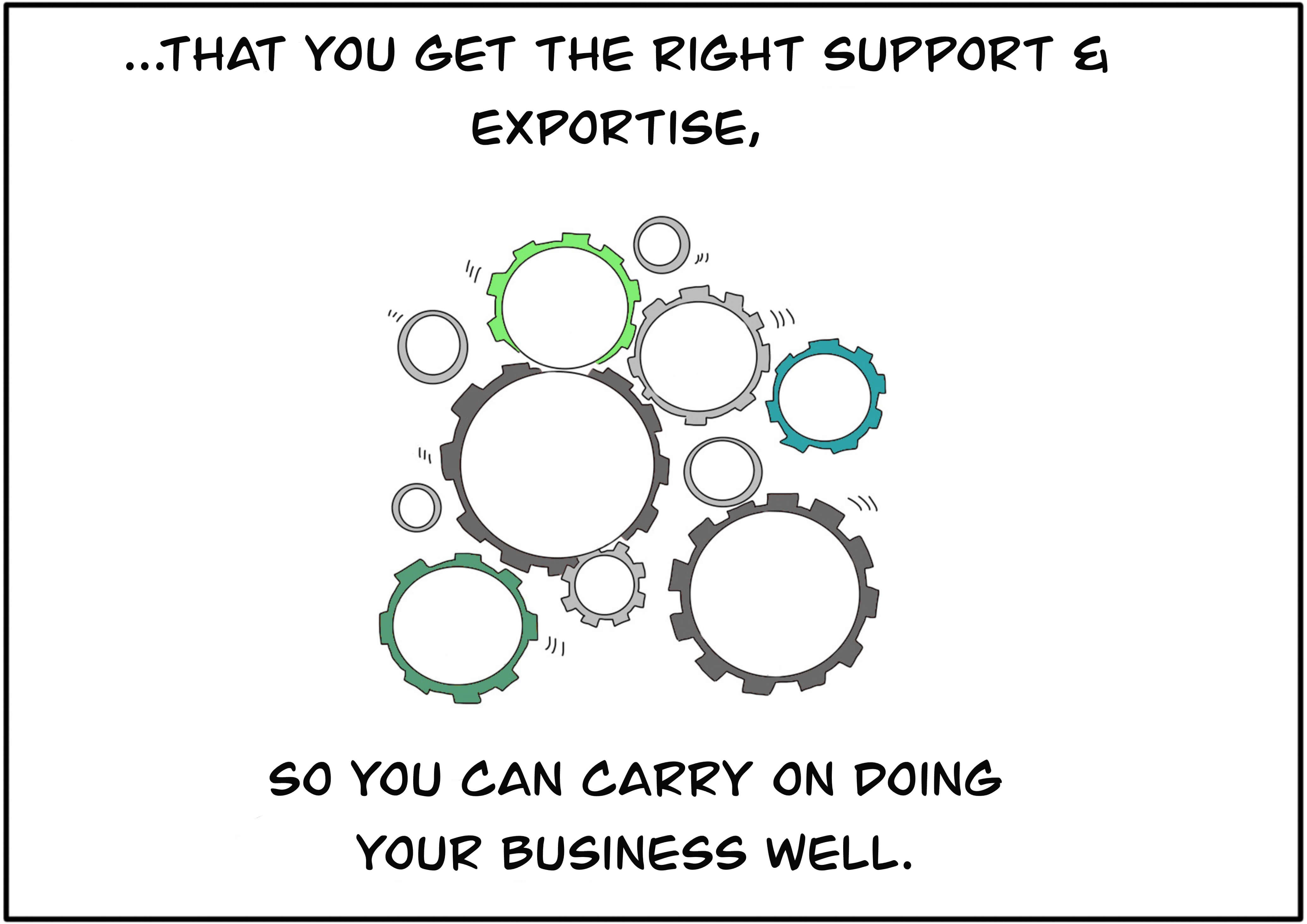
What does BSCN do
BSCN makes international sanctions laws and regulations manageable with advice, training and up-to-date information. We offer practical tools that smoothly guide your company through the complex rules.
Who we are
As BSCN, we are already a multidisciplinary team. In addition, we work together with experts from other relevant disciplines. Because of this professional mix, we can always deliver custom made solutions.

Martijn Feldbrugge
Martijn Feldbrugge (1962) graduated cum laude in business administration in 2005 after a life in IT and project management. He then specialized in the (compliance) field of sanctions and export controls. He is a sanctions consultant, trouble shooter in heart and soul, project leader, program manager and process supervisor with solid ICT, financial and business background and a lot of empathy for the organization of his clients.
FAQ
What are sanctions and export controls?
Sanctions are coercive measures to - preferably - force a change in policy, or at least make a statement about a certain policy. Sanctions can be directed against countries, but also against individuals, groups or organizations.
Export controls are measures to prohibit or restrict the trade in certain goods. Consider, for example, blood diamonds, military goods or so-called dual-use goods: items that can be used for both civilian and military purposes. Certain services related to the trade in these goods are often limited, such as, for example, payment transactions. In contrast to sanctions, export controls are not primarily aimed at another party; they have been prompted by domestic or foreign policy, for example to improve a country's own security or trade position.
What kind of sanctions are there?
A distinction is made between economic sanctions and financial sanctions.
There are three types of economic sanctions:
- Entry and visa restrictions for certain persons;
- Embargo on the import and / or export of certain goods, technology and services. The best-known example is an arms embargo;
- Import duties, quotas, license costs and administrative thresholds.
There are two types of financial sanctions:
- Freeze of funds;
- Prohibited or limited services (through, for example, a reporting or licensing obligation.
What kind of embargoes are there?
Most embargoes are direct embargoes aimed at specific people, organizations or countries. Think of import and export restrictions or customs regulations for specific products, technologies or services. For example, the import or export of dual-use goods often requires a license, because these goods can also be used for military purposes.
In addition, there are indirect embargoes, such as, for example, a negative recommendation for the import or export of certain goods, technologies and or services. You can't just put that aside too.
Who imposes sanctions and export controls?
All countries in the world, with most countries basing their laws and regulations on UN resolutions. There are also countries with additional regulations, such as the US and EU. Friended countries often follow these additional regulations. Australia and the United Kingdom, for example, follow American rules.
Which sanctions and export controls apply to my transactions?
For international transactions you must take into account various measures that may apply.
- Local sanctions and export controls. The most important are the sanctions and export controls of the country where you are currently located;
- Additional local sanctions and export controls from all other countries involved in a transaction: the country of origin, the exporting country, countries through which the shipment goes, the importing country, the country of final use, the countries of the banks involved, the country of the financier or insurer, etc.;
- Sanctions and export controls of the country where the company's head office is located;
- US Secondary Sanctions: The US has issued sanctions that apply even if the US is not involved in the transaction. This concerns for example transactions in which Iran is involved. The US can then decide that a bank that facilitates a payment for this may no longer hold USD accounts in the US, or may add the non-US entity to her sanction list.
The management of your own company may not want certain transactions to be facilitated. This too is decisive for deciding whether a transaction may be executed.
What consequences can sanctions have?
- Fines;
- Exclusion from the financial system;
- Freezing of financial assets;
- Non-execution or rejection of transactions;
- Legal prosecution of persons according to criminal law (fine, imprisonment);
- Reputational damage.
Where can I find information about current sanctions laws and regulations for international trade?
- For individuals or entities, you can consult the sanction lists of all countries involved in the transaction. For the EU you can find them here, while for example for the Netherlands there are additional lists, which you can find here. For the US you can find them here and here. In addition, you can search for a supplier that provides you with an application that allows you to search by name. For example SDNSearch, Thomson Reuters and Worldcheck;
- For all countries involved in the transaction, you can check whether they have been sanctioned by one of the countries involved by consulting the sanction lists of the different countries. For the EU you can find an overview here, for the US here. You can also look for a supplier that gives you insight into the sanction risk of the different countries, for example SanctIO;
- For goods, technology and services you can check whether they have been sanctioned by one of the countries involved by consulting the sanctions and export controls of the different countries. For determining whether goods are military, you can find information for the EU here and for dual use here. Similar information is available in the US. You can find information about military goods here, and about dual-use goods here. Regarding blood diamonds, you can find information here that has been adopted by most countries in the world;
- Finally, for activities you must use common sense. If you have suspicions that a transaction is related to controversial activities, it is wise to ask senior management for a decision, or possibly to engage an external expert.
What is so special about American sanctions regulations?
American legislation plays a role more often than you would expect at first sight, namely as soon as an "American Element" is involved in the transaction. In this context, an American Element is anyone with an American nationality, anyone with a Greencard, any entity established under American law and any other person who is currently in America. Even as soon as a good, technology or service with American origin is involved in a transaction, the American legislation potentially applies.
As a result, for example, an export of cars to Iran that is paid in euros is not allowed if the CEO of the company approves the transaction from the US. In addition, in that case the CEO is also punishable under US law.
Which warning signals (so-called "red flags") can I pay attention to?
Below is a list of common cases where you need to be alert. But remember: there are many more, also specific to your sector.
- A person or entity involved in the transaction is on one of the sanction lists;
- A person or entity involved in the transaction would prefer to provide as little information as possible, or no information at all;
- The importer responds vaguely or evasively when asked where the goods will be used;
- The advanced nature of the product does not match the level of development of the importer's country;
- The delivery is paid in cash, while it is customary to process the payment through a bank;
- The carrier or logistics company is listed on the documents as an end user;
- The shipping route is abnormal for the product or country to which it is exported;
- Documents are forged or different (export) documents do not match;
- The information regarding the transaction has been deleted, modified or is clearly not correct;
- There is no plausible address, it is a strange transaction or surprising parties involved, without a plausible reason for this. An illogical location of a payment account of one of the parties involved in the transaction, can also mean that something is wrong;
- A party has in the past made attempts to circumvent or evade sanctions and export controls.